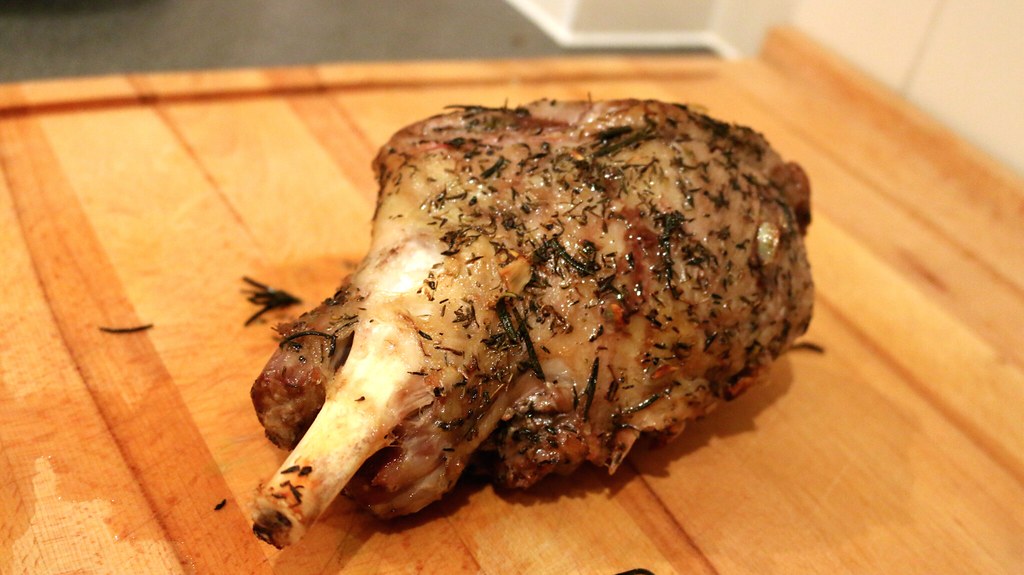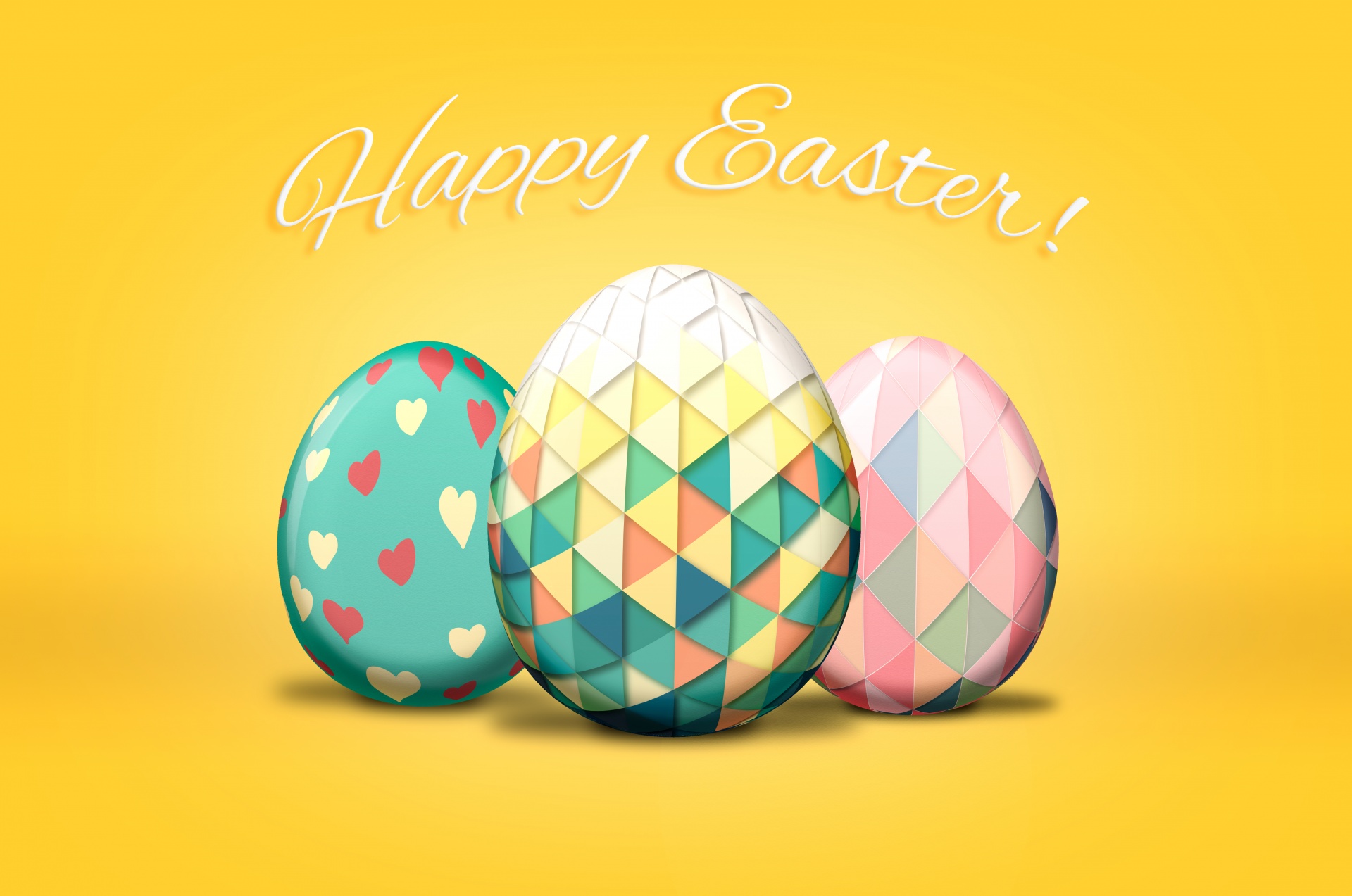Easter waste prevention tips
April 7, 2019
Easter is one of the most wasteful times of year, but it doesn’t have to be. The tips below can help you have a low waste celebration and can also help you to save money.

Easter Eggs.
We buy a whopping 80 million chocolate eggs each year. Up to a third of the weight of an Easter egg is its packaging, and over 4,300 tonnes of cardboard is wasted every year from Easter egg packaging. It pays to choose Easter eggs with minimal packaging where possible. Remember that you can recycle cardboard, the plastic inset that holds the eggs in place, and also the foil that wrapps most eggs (scrunch foil into a ball and recycle it when the ball reaches at least the size of a pingpong ball) as long as it isn’t covered in melted chocolate . You can’t recycle plastic sweet wrappers.
For more information about recycling where you live, including what you can and can’t recycle, visit: https://www.lesswaste.org.uk/recycle/
If you want to avoid eggcess packaging, you could dye your own eggs instead.

Sweets and chocolates
In the UK we eat an estimated 660,900 tonnes of chocolate a year, an average of 11kg per person per year and significantly more than our European neighbours. We waste around 3.6% of that total, and approximately 24,000 tonnes of chocolate and sweets find their way to the bin each year.
If you end up with more chocolate than you know what to do with, you could:
Please remember that plastic wrappers from chocolates and sweets aren’t recyclable and will need to go into your general waste bin.

Other types of food waste
As with other seasonal celebrations, Easter is a time when we often push the boat out and have big meals. Love Food Hate Waste has a wealth of advice for making the most of the foods you have available to you:
- Store your foods appropriately to keep them fresher for longer. Follow on packaging advice on storage when possible. Advice on how to store other foods / those without packaging can be found here.
- There are several apps available to help you keep track of the use by and best before dates on your foods with a reminder. Some will also suggest recipes based on what you have in stock e.g. https://cozzo.app/(for apple devices only) or https://play.google.com/store/apps/details?id=com.peytu.bestbefore&hl=en (for android devices).
- Knowing the difference between best before and use by dates means you aren’t wasting more food than you need to and you aren’t taking any unnecessary chances with your health. If you don’t know the difference see here.
- Make good use of your fridge and freezer by making sure they are set at the right temperature. You’ll find a handy guide here.
- Make sure you are making the most of your freezer by knowing what you can / can’t freeze, how long items can be frozen for, and how to prevent issues like freezer burn. You’ll find a wealth of advice here.
- Meal planning and portioning is a good way of minimising waste and making the most of the foods we have available to us. You’ll find a handy portion planner here.
- You can compost many types of uncooked food waste. For information on what you can and can’t compost at home see here.
Just so you know, potatoes, chicken and carrots are all in the top ten most commonly wasted foods in the UK. If you are planning a roast dinner for your Easter meal it’s worth paying special attention to these foods.

Easter Cards
An increasing number of cards available in shops are unrecyclable because they feature excessive amounts of glitter, ribbons, bows and even electronic components. These adornments make the cards unrecyclable and are also a source of contamination to the rest of your recycling collection.
- Don’t buy or give non-recyclable cards. Avoid glitter, bows and ribbons, and also cards with electronics inside.
- Look out for FSC labelled cards sourced from sustainably managed forests and/or which have a high recycled content.
- Send season’s greetings electronically to avoid waste altogether, and ask your friends, family, colleagues and neighbours to do the same for you. You could combine the giving of an ecard with a charitable donation (in lieu of spending money on a card) via Dontsendmeacard.com










